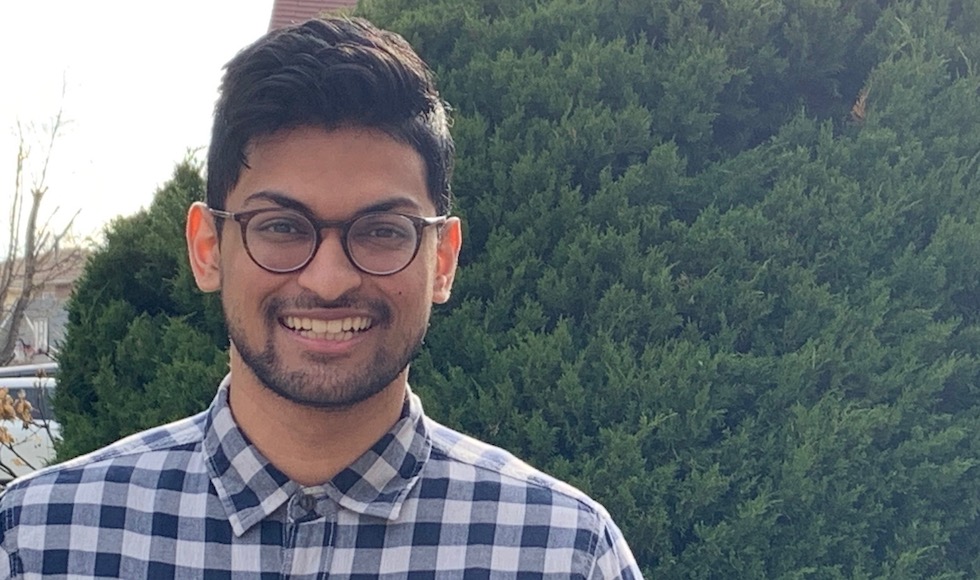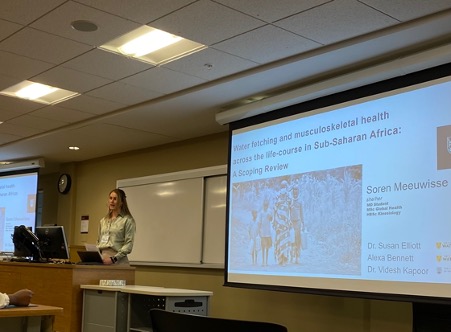Global Health grad’s research highlights disparities in access to mental health services among Indigenous groups

Mental Health Week, which runs from May 6 to 12, aims to open the eyes of Canadians to the reality of mental illness.
But to what extent do Indigenous communities across Canada have access to mental health care? This is the question posed by Arjun Patel, a graduate of McMaster’s MSc Global Health program, in his recent research in the student-led journal, Global Health Annual Review.
Patel hopes to shine a light on the troubling health disparities between Indigenous and non-Indigenous peoples – and also between Indigenous groups – in Canada with respect to access to mental health services.
“Mental illness disproportionately affects Indigenous communities, yet services are under-funded and certain groups are entirely underrepresented,” explains Patel.
His research draws attention to the inconsistencies between provinces and territories. “Legally, Indigenous health is a federal responsibility, but mental health services vary dramatically from province to province,” says Patel.
Seeing a gap in academic literature, he wanted to explore how mental health care access differs not only between provinces and territories, but between Indigenous groups. “The reality is that Inuit, Status Indians, non-Status Indians and Métis people all have differing levels of access to mental health services,” Patel says, noting that non-Status Indians and Métis people are largely neglected from federal and provincial health programs. “And this results in health disparities between Indigenous groups.”
These issues are compounded by the fact that nearly all government-funded programs emphasize Western medicine over Indigenous knowledge and healing. “Currently there’s a real lack of cultural safety, and a need to foster an environment that respects traditional healing,” he says.
In an effort to take action on a critical global health issue, Patel provides policy recommendations based on his findings.
These recommendations include expanding First Nations and Inuit Health Branch (FNIHB) coverage to include non-Status Indians and Métis; the development of a federal First Nations, Métis, and Inuit health policy that ensures equitable health outcomes for all Indigenous peoples; and the inclusion of traditional Indigenous healing within government programs.
Read the Global Health Annual Review
Student and Alumni Profiles
Related News
News Listing

A Journey from Research to Advocacy: Global Health Alumna’s Impact on Health Equity
Student and Alumni Profiles
October 17, 2024

“My work does not only come from a place of intellectual curiosity, but also shared grief”: Dr. Zoha Salam’s Journey as the Second Global Health Doctoral Program Graduate
Global Health News, Student and Alumni Profiles
June 20, 2024

PhD Student Tackling Intimate Partner Violence in Resource-Constrained Settings Receives an IDRC Doctoral Research Award
Student and Alumni Profiles
February 28, 2024
